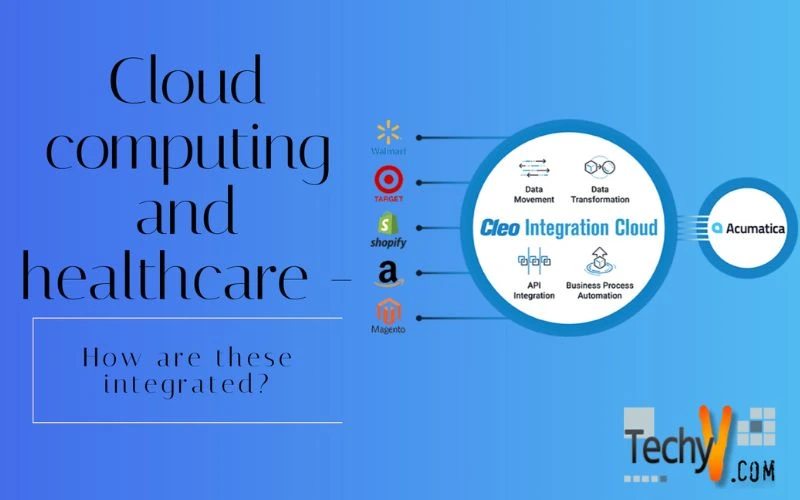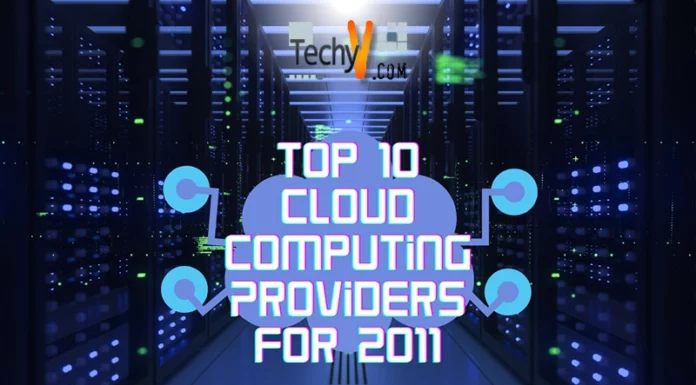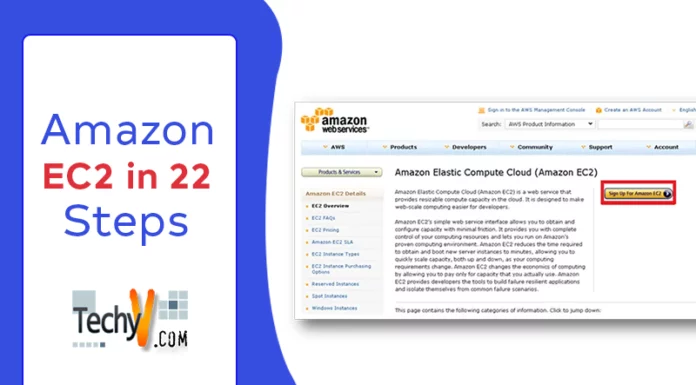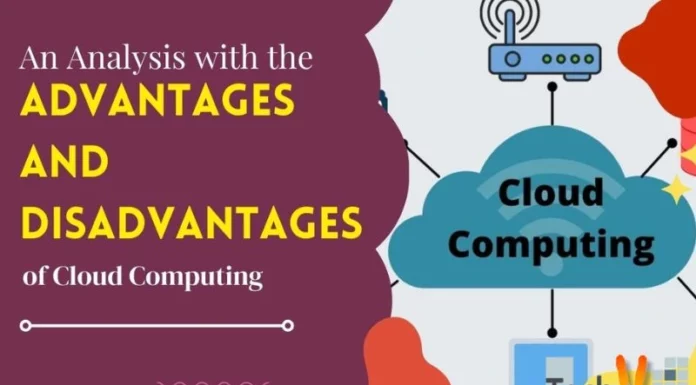Cloud computing and healthcare – How are these integrated?
We all know about the tremendous potential of cloud computing. One industry that has been slowly adopting the benefits of cloud computing is the healthcare sector. The primary reason for this slow change is attributed to the security concerns regarding patient’s confidential information and also related to compliance with regulations like HIPAA. Other than these reasons, certain healthcare centers are having difficulty managing their existing legacy systems since They simply cannot take in yet another standard.

Why is there a need of cloud computing solutions in healthcare IT?
- With cloud being in place, healthcare firms can share information across disparate systems thus reducing the dependency of IT staff. The staff can then look into more critical work.
- Cloud has been able to bring about a revolution in innovation. The sharing of data across different systems has made it possible to interact and share information in fraction of seconds. These innovations can bring about the much-needed change in the healthcare IT.
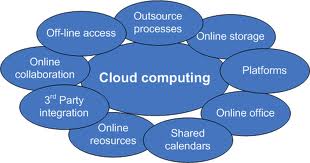
Healthcare organizations are still debating on a lot of issues regarding cloud, key being the following:
- There are extreme penalties involved in case any confidential patient information is disclosed. This is in accordance with the regulation standards set by Healthcare Information Portability and Accountability Act (HIPAA). This kind of information exposure can lead to serious criminal and civil liabilities.
- Healthcare organizations are not sure about the kind of cloud to use. Public cloud isn’t an option due to its lack of security. Hybrid cloud looks alluring because of its high level of internal control, privacy, customization and security. But however scalability and economic reach becomes an issue.
- Other than the confidentiality and security aspects one area that is stopping healthcare IT to integrate with cloud systems is the time and money required. Since healthcare IT has stored data in different systems, so even simple information like contact number may be available in different formats making integration difficult.
- Another hindrance has been the use of technology that is at least a decade old.

But all these problems can be sorted out with the use of right tools and a roadmap to take advantage of cost saving innovations.
Healthcare sector can get integrated with cloud if they work on the following points:
- Look for tools that will enable seamless integration with the cloud and try to embrace technology that helps achieve this.
- Healthcare centers are dependent on servers that store information. This leads to use of more CPU resources and disk space that is neither cost effective nor efficient. It is better to move to cloud as it can handle millions of transactions and is a scalable model that is also easy to maintain.
- Healthcare sector needs to be more flexible in terms of type of data as well as exchange. This will create a robust method for both presenting and analyzing data.
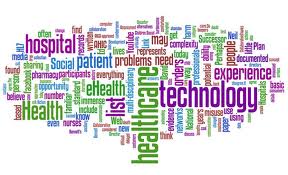
Despite the concerns around privacy and security, it is hard to overlook the benefits of cloud computing in the healthcare industry. The adoption of cloud is sure to open ways to optimize resources, bring about new innovations and reduce cost. The only challenge is to find a way of integrating healthcare with cloud computing by enforcing best practices simultaneously.


